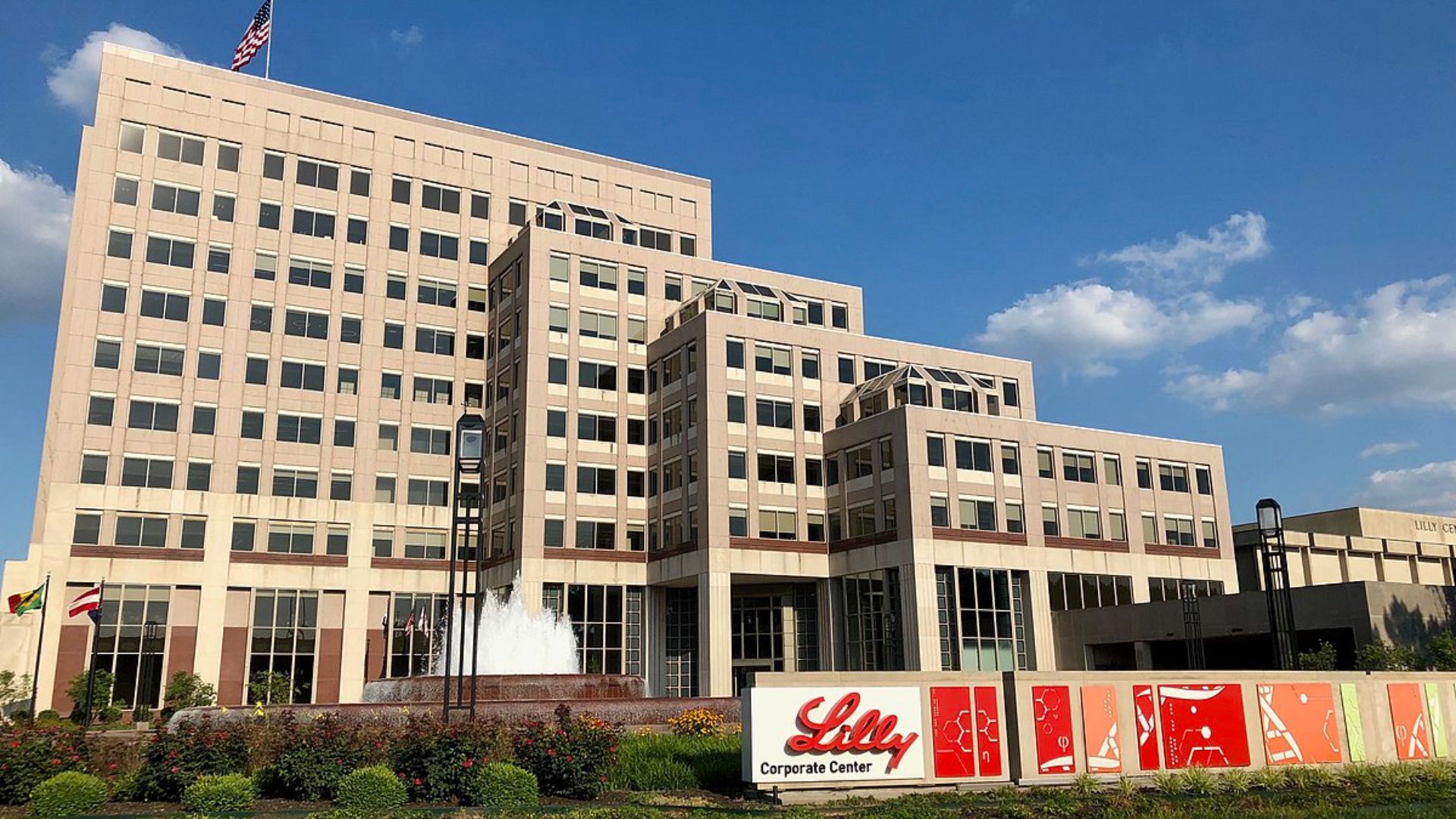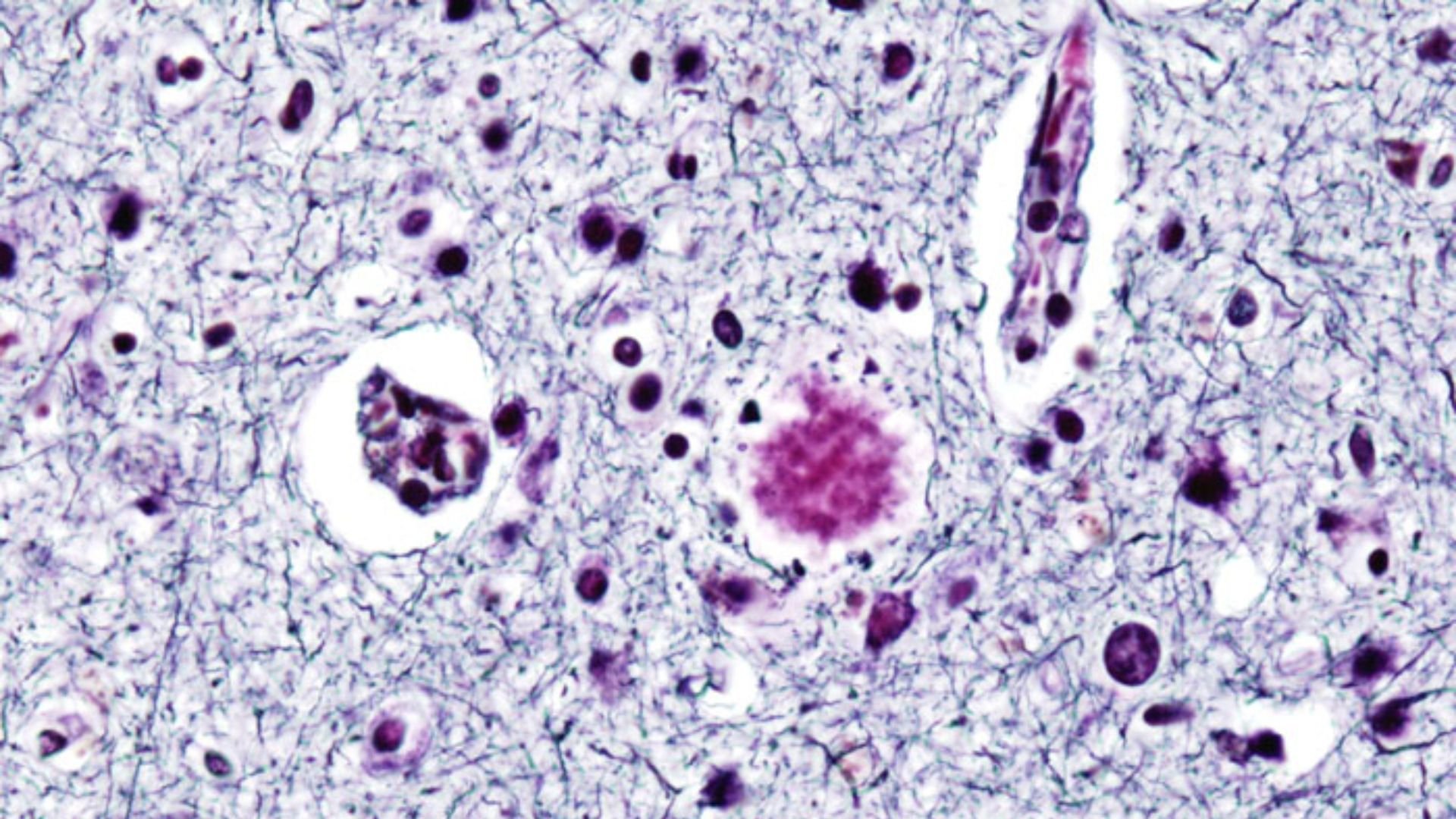Federal health authorities in the US have approved a new experimental drug that has been shown to delay the onset of Alzheimer’s in medical trials.
The Donanemab drug, manufactured by Eli Lilly, is the second medication that the Food and Drug Administration (FDA) has approved to treat patients with early symptoms of the disease.
Previous Treatments Approved

Last year, authorities approved the drug lecanemab (Leqembi) after it was shown to slow the progression of Alzheimer’s. However, it is not currently available under Medicare or Medicaid.
Currently, Leqembi access is restricted to those who can pay $26,500 a year or were enrolled in a clinical trial. Analysts suggest that, with full FDA approval, Leqembi could reach $5.7 billion in sales by 2030.
Success for Eli Lilly

Indianapolis’s Eli Lily reported success in clinical trials a year ago and applied for the FDA authorization that was announced today.
Experts said this week’s news “could be the beginning of the end of Alzheimer’s disease”. While the treatments don’t offer a cure, they’ve proven successful at addressing the symptoms.
What Studies Show

Eli Lily said that the new drug slowed functional and cognitive decline by up to 35% after 18 months, and reduced participant’s risk of progressing to the next clinical stage of the disease by up to 39%.
The newly approved medication has to be taken via infusion every four weeks. The monoclonal antibody targets deposits of amyloid protein in the brain, which is an indicator of Alzheimer’s presence.
Eli Lilly Celebrates

Anne White, executive vice-president of Eli Lilly, said the newly approved medication, “demonstrated very meaningful results for people with early symptomatic Alzheimer’s disease, who urgently need effective treatment options.”
She added, “We know these medicines have the greatest potential benefit when people are treated earlier in their disease, and we are working hard in partnership with others to improve detection and diagnosis.”
Cost Concerns Persist

The newly approved medication, Kisunla, will cost almost $700 per vial, with a year’s course adding up to $32,000 in total costs.
However, the Centers for Medicare and Medicaid Services said it planned to cover the new drugs “as long as physicians maintained a rigid record of their performance.”
Experts See Cause For Celebration

Dr Howard Fillit, co-founder and chief science officer at the Alzheimer’s Drug Discovery Foundation, said, “Diagnosing and treating Alzheimer’s sooner than we do today has the potential to meaningfully slow disease progression, giving patients invaluable time to maintain their independence for longer.”
He added, “This approval marks another step forward in evolving the standard of care for people living with Alzheimer’s disease that will ultimately include an arsenal of novel treatments, providing much needed hope to the Alzheimer’s community.”
Side Effects

While the newly approved drug is revelatory, it also comes with some risks. Side effects include potential brain swelling and bleeding, but such symptoms were mild among trial patients.
Three deaths were also attributed to the drug during trial, but it was ultimately decided that the benefits of the drug outweighed the risks.
Alzheimer’s in America

Figures from the Alzheimer’s Association show that 6.5 million Americans are living with the disease.
The organization says Alzheimer’s and other dementias will cost America nearly $350 billion this year. By 2050, the number of patients with the disease is expected to rise to 11 million, with the annual cost of care reaching $1 trillion.
A Parkinson’s Breakthrough

Meanwhile, notable progress in tackling Parkinson’s’ disease was made this week, as President Joe Biden signed into law the “Dr. Emmanuel Bilirakis and Honorable Jennifer Wexton National Plan to End Parkinson’s Act”.
The legislation will lead to the creation of a committee to coordinate federal efforts to address Parkinson’s.


